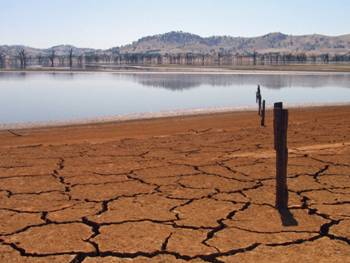Beyond Kyoto
 Kyoto is the only international agreement with binding targets for curbing greenhouse gas emissions, but China and the United States, the world's biggest polluters, are not subject to its constraints. Under Kyoto, developed countries are allowed to establish domestic and internationally linked emissions trading schemes and purchase emissions reductions in developing countries and count them as their own. But on December 31 2012, Kyoto will expire without a successor agreement.
Kyoto is the only international agreement with binding targets for curbing greenhouse gas emissions, but China and the United States, the world's biggest polluters, are not subject to its constraints. Under Kyoto, developed countries are allowed to establish domestic and internationally linked emissions trading schemes and purchase emissions reductions in developing countries and count them as their own. But on December 31 2012, Kyoto will expire without a successor agreement.
Since the 2007 Bali summit countries have been in a negotiating deadlock over different paths for a post-Kyoto agreement. Developing countries want a second Kyoto emissions reduction period because it puts the entire onus on developed countries.
Non-European developed countries want a new non-binding agreement that brings all the leading emitters into the tent. European countries want a mix of both. The failure to agree over what was being negotiated, let alone the detail, led to the eruption at the 2009 Copenhagen summit.
The absence of a global framework undermines the political and policy case for prioritising emissions cuts. Any knowledge of international relations - or human nature - should tell us that a non-binding treaty on climate change is about as effective as a peace vigil in a bombing raid. Staying with a non-binding treaty model means we are all unhappy and the planet is doomed. Good diplomacy is, as always, about taking what you can get.


You have been asked by a student run economics website to write a blog post on the theme of climate change. The editor has asked that the post summarises the recent history of international summits on climate change and then comments on the possibility of reaching a further international agreement on emissions following the expiry of the Kyoto agreement. You have decided to entitle your post 'Beyond Kyoto'.
Use the following links as a starting point for your research:

- Cancun climate change summit seeks new emissions deal
- Climate change 'Dragons' Den': What are the options?
- Post-Copenhagen, a Cancun compromise?

You may also like to read the following articles relating to climate change:
